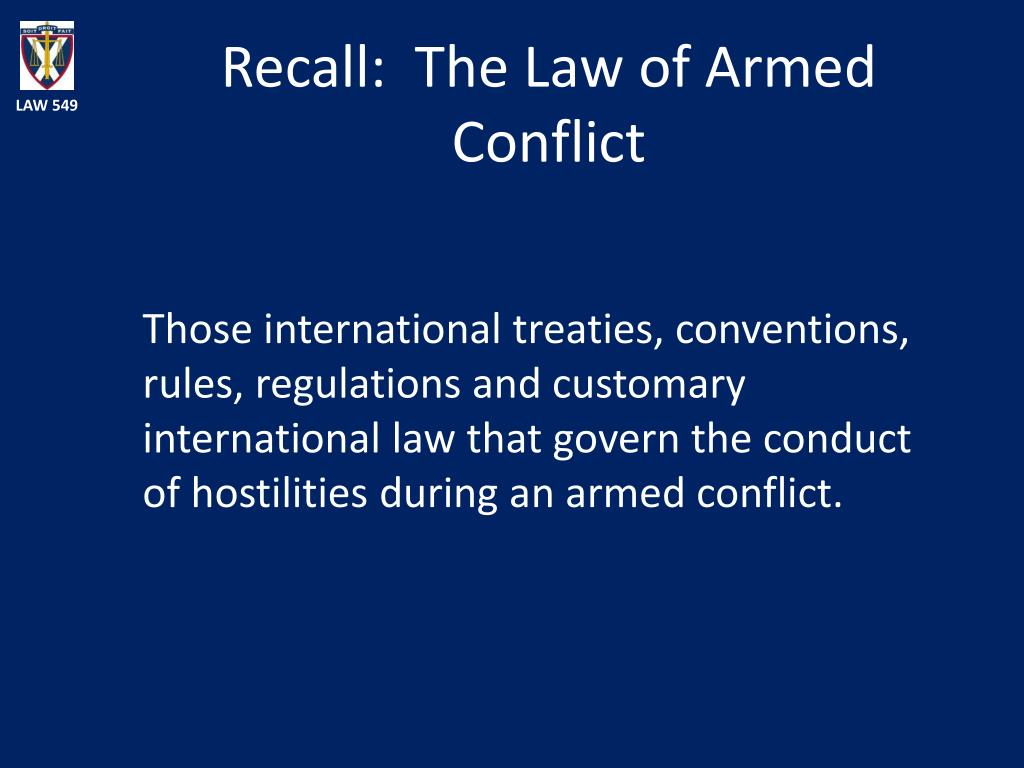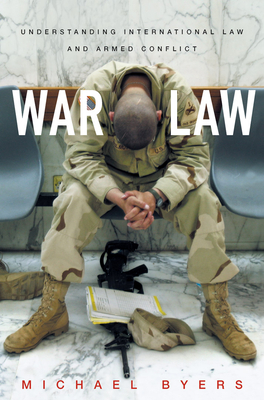
The role of ethics in the determination of the law, as well as its implications for professionals working in the field of LOAC, must thus be addressed and discussed.įor its theatre of operations, the course will focus on the often less discussed maritime theatre. The course will further focus on the interplay between LOAC and general human rights obligations. As LOAC applies in situations where life is routinely taken, and suffering routinely caused, LOAC is also fraught with ethical dilemmas.

The course will focus on these basic principles in depth. The Law of Armed Conflict is built around four principles: (i) Distinction between military and civilian targets, (ii) Proportionality, (iii) Military necessity and (iv) Limitations. JUR661 Law of Armed Conflict, with emphasis on maritime operations is a new 10 ECTS course, developed and special designed as one of six courses in a new part-time Master's program: Executive Master’s Programme in Operative Management and Exercise of Authority. The course may however also be taken as a stand-alone course. The subject of LOAC is therefore not when or if parties to a conflict have the right to resort to armed force - but the rules applicable between them when they do.

The Law of Armed Conflict (LOAC) applies between parties to an armed conflict, be it an international armed conflict or non-international armed conflict (sometimes called an internal armed conflict).


 0 kommentar(er)
0 kommentar(er)
